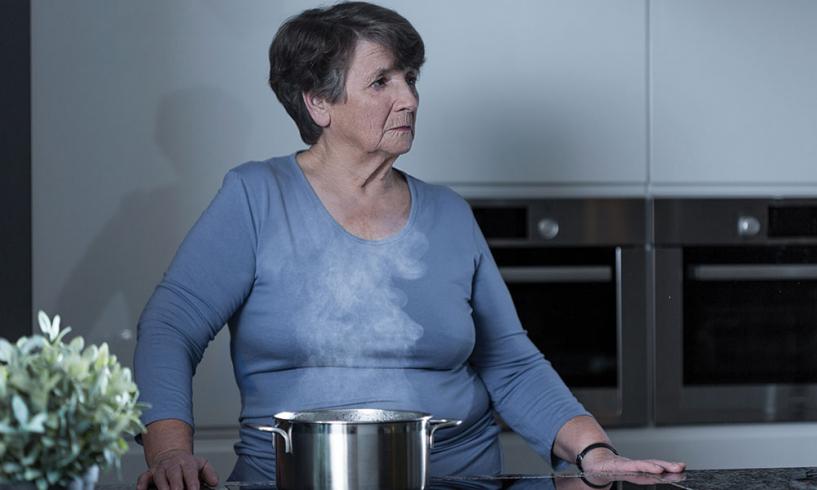Cicely, who is being treated for stage III colon cancer, has lost seven pounds between her first and second cycles of chemotherapy. She admits to Julie, an outpatient oncology nurse, that her nausea is well controlled but she just doesn’t feel like cooking meals anymore.
What Would You Do?
Cicely’s story likely has more to it than is readily evident in this conversation. Motivational interviewing (MI) is a strategy that oncology nurses can use to help patients make health-related changes. Engaging patients in the decision-making process is a key component of MI and one that can be easily be used by remembering the mnemonic: OARS (see Table 1).
Open-ended questions: Julie asks Cicely to describe her former diet and how it is different now. Cicely reports she loved to cook; she was known for fixing big breakfasts and dinners for her extended family. Now she just doesn’t have the energy, and none of the foods she used to enjoy taste the same.
Affirming and supporting: Julie affirms Cicely’s feelings by saying, “I can see that your lack of energy and taste changes are really challenging for you.” Cicely feels heard and answers, “I wonder if I could just fix small, simple meals for now.”
Reflective listening: Julie demonstrates reflective listening by saying, “Fixing small, simple meals seems like a good way to conserve energy without having to give up doing something you enjoy.” Cicely smiles and says, “I had been thinking about feeding my family healthier meals even before I got cancer.”
Summarizing: Julie summarizes the conversation: “So, it sounds like you are thinking about conserving your energy by preparing simple, healthy meals for yourself and your family.” Julie adds that she will check in with Cicely at her next chemotherapy cycle to see how her new plan is working out.
Table 1. The OARS of Motivational Interviewing
| O | Open-ended questions | Open-ended questions can help patients reflect and give more detailed responses than questions that can be answered by a simple yes or no. | Example: “What have you been told about your condition?” |
| A | Affirming and supporting | Affirming reinforces patients’ response and develops rapport. You can help patients recognize their strengths and build their self-confidence. | Example: “I appreciate that you are willing to talk about this challenge in your life.” |
| R | Reflective listening | When you demonstrate reflective listening, you show patients that you are listening by sharing your interpretation of what they are saying. | Example: “What I hear you saying is. . .” |
| S | Summarizing | Summarizing helps you and your patients look at the big picture, seeing areas for change and steps for moving forward. | Example: “The picture that I see is…” followed by, “Tell me if I missed anything.” |






